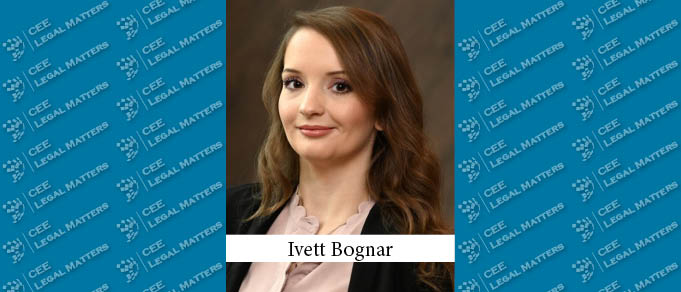Any COVID-19 vaccine related questions addressed to a candidate during a job interview may cause serious legal problems, since the answers can influence the employer’s judgement of the applicant positively or negatively, which can potentially lead to discrimination. Moreover, the refusal of the vaccination cannot serve as a basis for the termination of the employment relationship by notice – indicates act Ban & Karika Attorneys at Law.
„The employer is not allowed to ask the applicant in a job interview if he or she has already been vaccinated or plans to take up the COVID-19 vaccine,” indicated dr. Ivett Bognár, expert of act Bán & Karika Attorneys at Law on a webinar organized by the law firm. On one hand these are extremely sensitive data and the employer has no legal rights to process this information. On the other hand, these data can affect the employer’s judgement of the applicant positively or negatively, potentially establishing discrimination which can lead to legal proceedings against the employer. „In case of discrimination a fine can also be imposed against the employer from HUF 50.000 up to HUF 6.000.000,” emphasized dr. Peter Weidinger, LL.M., expert of act Ban & Karika Attorneys at Law.
„The case is not easier in a reverse situation either. The potential employee may ask question about the opinion of the future employer on the vaccination, e.g. does it suggest to its employees to take up the vaccine. However, the representatives of the employer are not legally obligated to answer these questions” – explained dr. Ivett Bognar.
However, the employer is eligible to ask about the immunity of its employee on labour law purposes, in order to protect the health of its workers or due to organisational reasons. In relation to the processing of these data it is important to emphasize that the employer may only process these types of sensitive data as far as necessary and proportionate to take the appropriate steps to prevent the further spread of the COVID-19 virus.
The necessity and proportionality shall be examined by positions, since in case of workers who work from home the risk is significantly lower than in case of somebody who gets in touch with many people on a daily basis (e.g. stewardesses, workers in tourism or hotel and catering sector). The data processing can be especially justified in case of workers who have direct connection with people who may have been infected by the virus (e.g. nurses, workers of social institutions).
The employer is not entitled to obligate its employees to take up the COVID-19 vaccine anyway. Such obligation can only be imposed by the state, and following that it can be enforced by the employers. In cases like this however only workers employed in specified positions can be obligated to get vaccinated. For example, in Hungary only those can be employed as foresters who are vaccinated against rabies.
Although it cannot be excluded that the COVID-19 vaccine will be added to the list of recommended vaccines in the future. National Public Health Center publishes its decision on the recommended vaccines every year, this however has not been published for 2021 yet.
It is important to emphasize that the employer can suggest the vaccination to its employees, however, if someone refuses to take up the COVID-19 vaccine, it cannot serve as a basis for the termination of the employment relationship by notice. As in the reasoning of the notice the employer can only refer to reasons which are in relation with the employee’s attitude, lack of his/her abilities or the functioning of the employer. The refusal of the vaccination does not fall within this scope - indicated dr. Ivett Bognar.
By Ivett Bognar, Junior Associate, act Ban & Karika Attorneys at Law




